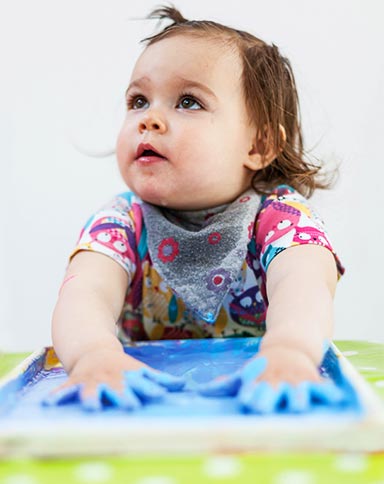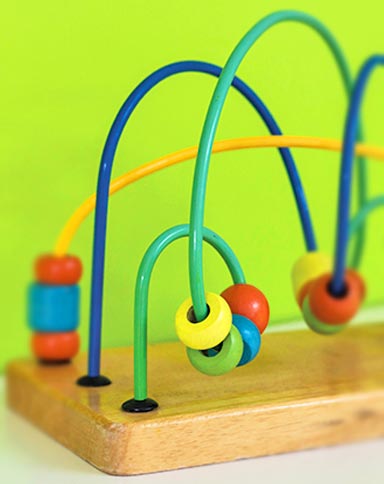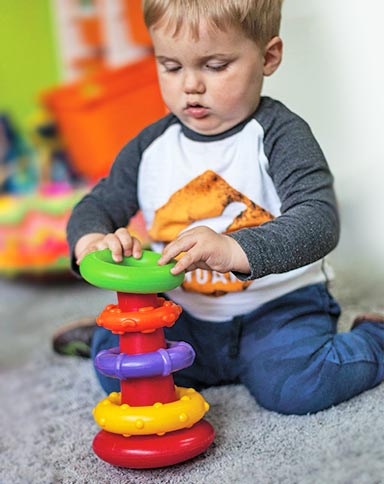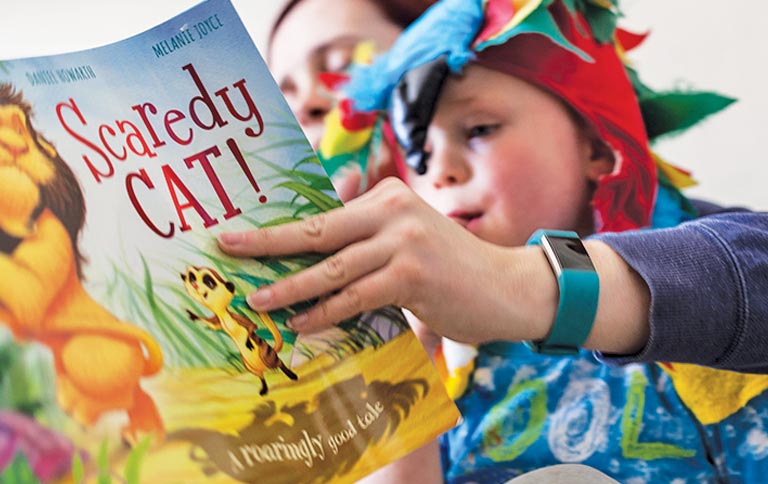
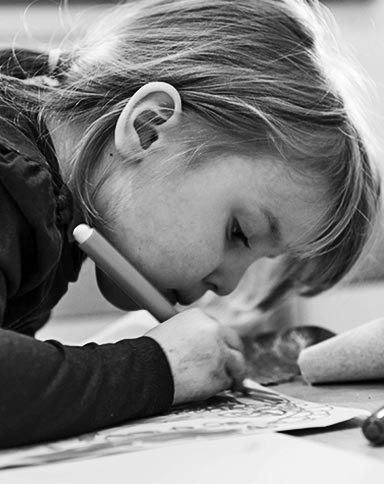
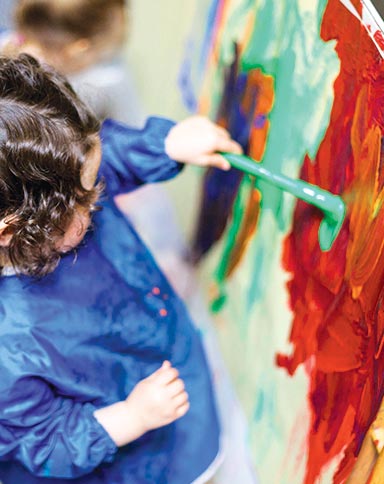
How we deliver the curriculum at Little Steps
“Children are born ready, able and eager to learn. They actively reach out to interact with other people, and in the world around them. Development is not an automatic process, however. It depends on each unique child having opportunities to interact in positive relationships and enabling environments.” EYFS framework 2012
It has been widely recognised that children develop rapidly in the early period of their lives and this is why there is such emphasis on providing high-quality national childcare to ensure that all children get the best possible start in life, the sort of start every child deserves.
The early years in a child’s life should not only prepare them for their journey onto school (‘school ready’ is the term used), but also lay the foundations for a successful future. This is why the curriculum is called the Foundation Stage and continues on into the reception year at school to ensure the continuity and progression of a suitable curriculum that is flexible, active, fun, exciting and secure, and at the same time supports children’s individual needs and interests. It is crucial that learning takes place both indoors and out. How children learn is important, and as practitioners we are aware of the need to incorporate this into our planning to encourage the children to be effective and motivated learners. Children learn by Playing and Exploring, Active Learning (motivation) and Creating and Thinking Critically.
We define the term ‘curriculum’ as embodying every aspect of nursery activity.
Children have access to our curriculum the moment they join Little Steps. We recognise that all children are special, different and need to develop at their own pace. A Key Person is allocated to each individual child and it is that person’s role to develop an appropriate environment where the child is happy and secure and develops and learns in a wide variety of ways so as to reach his or her full potential.
The nursery aims to provide a wealth of resources to help young children develop and learn through play with a sense of purpose in a calm setting. We are aware that children have different attendance patterns and through careful planning we are able to ensure that every child can experience the full curriculum.
The government has introduced the early years foundation stage statutory framework (EYFS) to combine all earlier published child documents and it is a legal requirement that it is delivered by all registered child-care providers as part of their curriculum. By carefully following the EYFS observation, assessment and planning process, any gaps in children’s learning become apparent and can then be planned for and addressed.
We maintain the requirements and standards for learning and development for all children from birth to 5 years. This is designed to be fully inclusive for all children’s needs, recognising the importance of responding to differences of ethnicity, culture, religion or belief, home language, family background, special educational needs, disability, gender or ability.
At Little Steps we are committed to working within the EYFS framework to support children in their earliest years from the Ladybirds (under two years,) Caterpillars (rising 2- to rising 3-year-olds) and the Butterflies (pre-school) to deliver the seven areas of learning and development in a way that reflects the needs and circumstances of each child and is compatible with the nursery’s and parents’ philosophies and beliefs.
The four themes contained in the EYFS express the underlying principles for the care and learning of the children. These themes are the basis for all that we do at Little Steps.
These themes are:
- A Unique Child addresses the idea that each child develops in individual ways. Each child should be valued and respected. Each child should be kept healthy and safe.
- Positive Relationships addresses the idea that loving and secure relationships with parents and key workers are vital to support a child’s learning. Parents and practitioners should work together, respect each other and communicate to ensure the best experiences for children.
- Enabling Environments addresses the idea that a rich and varied environment plays a key role in supporting children’s development. Observing children, planning appropriate learning experiences and challenging activities, and accessing achievement and ‘next steps’ should be undertaken for each child.
- Learning and Development addresses the idea that children all learn and develop in different ways and that all areas of learning are connected and equally important. Children learn best through purposeful play with their peers. Learning experiences should be active and promote critical thinking and creativity. In terms of learning and development, children should be making progress towards achieving the early learning goals (ELG) by the end of their Reception class (i.e. the first year at primary school).
Each area of learning and development is implemented through planned, purposeful play and through a combination of adult-led and child-initiated activity. These activities are delivered in a stimulating, fun and safe enabling environment. Planning, the environment, activities and learning experiences build on what children are interested in and on what they want to practise, explore and find out about. Observation and evaluation are ongoing to ensure that the children’s interests, needs and learning are continually being met.
A clear policy for behaviour expects adults and children to respect each other, listen to each other and take time to respond and understand. Clear boundaries are in place to help the children (and adults) feel secure and able to say ‘no’ and to have their opinions respected.
We take seriously the need for everyone to be respected and accepted for who they are. We provide activities and resources and make displays that reflect the many cultures and languages of our families, free from racial/sexual stereotypes or any other judgement.
We support children with special needs, and those learning English as an additional language and aim to promote the children’s safety and well-being, liaising with parents and other agencies as appropriate.
The nursery informs parents, visitors and representatives from local authorities about activities we are providing, and contributions and involvement are always welcomed.
